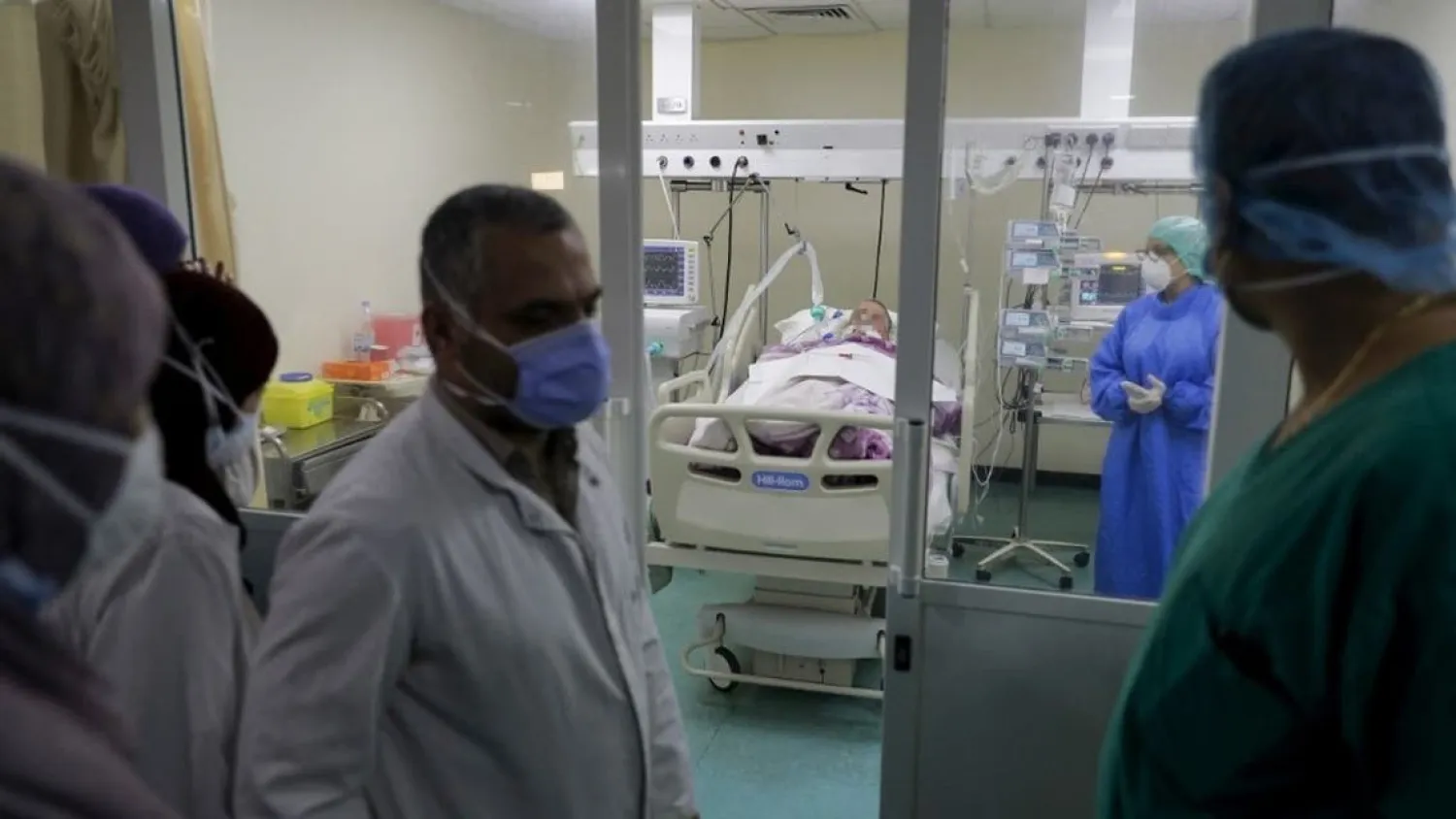Officials from Beirut and Baghdad signed a preliminary agreement Friday that would see Lebanon trade its medical expertise for Iraqi fuel supplies, Lebanese state media reported.
Lebanon's state-run electricity company faces dire cash shortages as the country grapples with its worst economic crisis since the 1975-1990 civil war.
Oil-rich Iraq, which has seen Covid-19 cases soar in recent weeks, suffers from a chronic lack of drugs and medical care, and decades of war and poor investment have left its hospitals in bad shape.
Caretaker health minister Hamad Hassan and his Iraqi counterpart Hassan al-Tamimi signed "a framework agreement... that includes (the supply of) oil in exchange for medical and hospital services," Lebanon's National News Agency (NNA) said.
Under the accord, inked in Beirut, Lebanon would receive 500,000 tonnes of Iraqi oil annually, or a sixth of its needs, caretaker Lebanese energy minister Raymond Ghajar told AFP.
Hassan said the agreement included cooperation in training and hospital administration, with Lebanese experts and specialized teams to be involved in managing new facilities in Iraq.
Lebanon was once dubbed "the hospital of the Arab world", with advanced private facilities and doctors trained in Europe and the United States.
But hundreds of medics are now fleeing the country's political and economic crises and even basic medication has gone out of stock.
Power cuts have been common in the country for decades, but Ghajar warned in March that Lebanon would plunge into "total darkness" by the end of the month if no money was secured to buy fuel for power stations.
Lebanon's parliament this week approved $200 million in emergency funding to keep the lights on.









